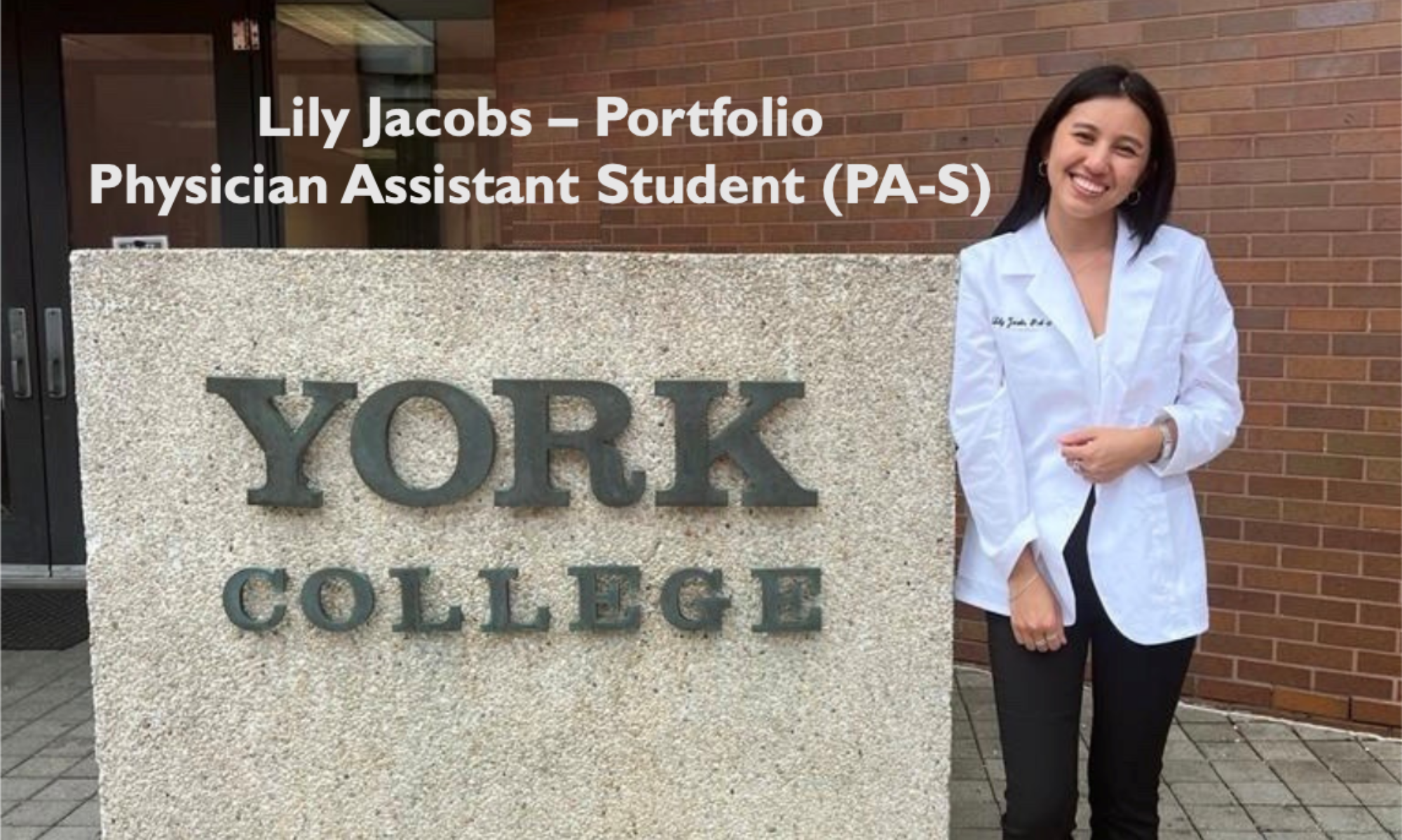“Bacterial Decolonization for Prevention of Radiation Dermatitis: A Randomized Clinical Trial.”
Published in JAMA Oncology, Published online May 4, 2023 by Kost, Yana et al.
According to the American Cancer Society, 50% or more cancer patients receive radiation therapy as part of their treatment course; about 4 million cancer patients in the US receive radiation therapy. Unfortunately, a common side effect of such a therapy is radiation dermatitis or burn, ranging in severity from mild to severe. Most are mild, but if severe, can significantly affect one’s quality of life and decision to continue therapy.
Previous studies have found an association between level of staphylococcus aureus colonization and burn severity. In this 2022 randomized control study, researchers sought out to determine if prophylactic bacterial decolonization can help decrease the burn severity, with a primary outcome of a radiation dermatitis of grade 2-MD or higher. Grade 2-MD dermatitis was defined as “patchy moist desquamation mostly confined to skin folds and creases”, while grade 2 was defined as “moderate to brisk erythema”. Participants were taken from an urban academic cancer center, where 80 patients (average age 59-60 years old) met the inclusion criteria (18+ years old, diagnosis of breast or head/neck cancer, and whom radiation therapy was included in the treatment plan.)
Subjects were randomly assigned to either the control group (standard of treatment) or treatment group (bacterial decolonization). The intervention of the treatment group consisted of 5 days every two weeks of intranasal mupirocin 2% ointment twice a day and chlorhexidine gluconate 4% body cleanser once a day through the course of therapy. Standard treatment consisted of regular cleansers. The Common Terminology Criteria for Adverse Events was used to grade the severity of the radiation burns, the SKindex-16 instrument was used to assess for quality-of-life. Bacterial cultures were performed at baseline, at the midpoint, and on the last day of therapy.
The results confirmed the benefits of prophylaxis bacterial decolonization in reducing the severity of radiation therapy dermatitis. Radiation dermatitis was significantly lower in patients treated with bacterial decolonization compared to patients treated with standard care. None of the patients in the treatment group developed a grade 2-MD dermatitis or higher, whereas 23.7% in the control group did. Only 35.9% of patients treated with bacterial decolonization developed grade 2 dermatitis compared to 52.6% of patients in the control group. Even after adjusting the results for risk factors such as high BMI and radiation dosage, bacterial decolonization was still associated with lower radiation dermatitis grade. Interestingly, S. aureus colonization increased from baseline to after treatment in the control group, while the opposite occurred in the treatment group (5.4% in treatment group, 24.3% in control group).
This study found that bacterial decolonization is a easy, safe, and low cost prophylactic method in decreasing radiation dermatitis severity, especially among patients with breast cancer.
Sources:
- Kost, Yana et al. “Bacterial Decolonization for Prevention of Radiation Dermatitis: A Randomized Clinical Trial.” JAMA oncology, e230444. 4 May. 2023, doi:10.1001/jamaoncol.2023.0444
- https://my.clevelandclinic.org/health/diseases/21995-radiation-burns#:~:text=Radiation%20burn%20or%20radiation%20dermatitis,peel%2C%20itch%20or%20turn%20red.
- https://pubmed.ncbi.nlm.nih.gov/37140904/
 Loading…
Loading…


